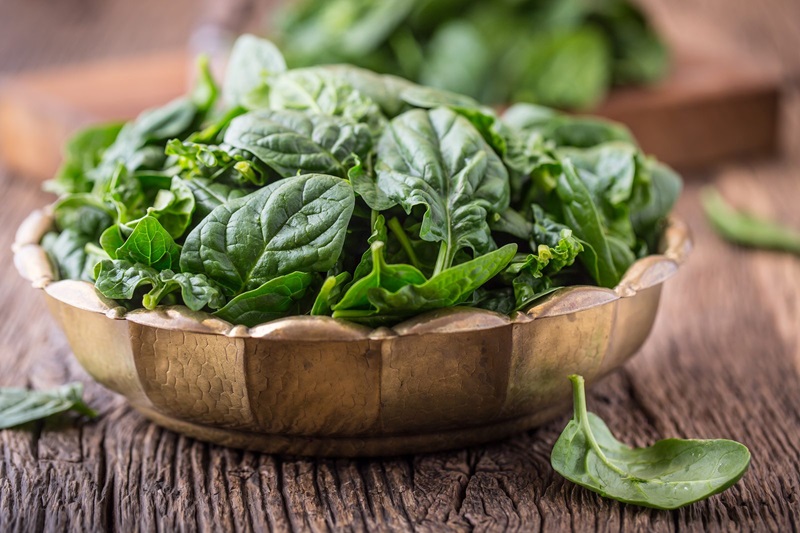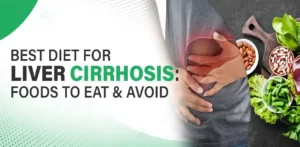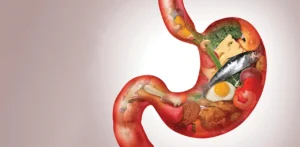Contents
Migraines are not just severe headaches; they are debilitating neurological events that can significantly impact one’s quality of life. Characterized by intense, throbbing pain, often accompanied by nausea, vomiting, and sensitivity to light and sound, migraines affect millions worldwide. While medications are commonly prescribed for relief, many sufferers find that their diet plays a crucial role in managing and mitigating the frequency and severity of their migraine attacks.
The Migraine Diet: What to Eat and Avoid

Foods for Migraine Relief
- Magnesium-Rich Foods: Magnesium is known for its muscle-relaxing properties and its role in maintaining nerve function. Incorporating foods like spinach, almonds, and avocados into your diet can help reduce the frequency of migraines.
- Omega-3 Fatty Acids: Found in fish like salmon, mackerel, and sardines, as well as flaxseeds and walnuts, omega-3 fatty acids have anti-inflammatory properties that may alleviate migraine symptoms.
- Hydration with Water and Herbal Teas: Dehydration is a common trigger for migraines. Drinking plenty of water and herbal teas can help maintain hydration and prevent migraine onset.
- Fruits and Vegetables: Fresh produce is packed with essential vitamins and minerals. Bananas, in particular, are high in magnesium and can be a good option for migraine relief.
- Whole Grains: Foods like quinoa, brown rice, and whole-wheat bread provide steady energy and prevent blood sugar spikes, which can trigger migraines.
Nutrition for Migraine Sufferers: What to Avoid
- Caffeine: While small amounts can sometimes help relieve migraine pain, excessive caffeine intake can lead to withdrawal headaches and trigger migraines.
- Aged Cheeses and Processed Meats: These foods contain tyramine, a compound known to trigger migraines in some individuals. It’s best to avoid aged cheeses, smoked fish, and cured meats.
- Alcohol: Particularly red wine and beer, which are rich in histamines and tyramine, can be potent migraine triggers.
- Artificial Sweeteners and Additives: Substances like aspartame and MSG (monosodium glutamate) are common migraine triggers. Reading food labels carefully can help you avoid these ingredients.
- Chocolate: While often a comfort food, chocolate contains both caffeine and beta-phenylethylamine, which can trigger migraines in some people.

Migraine-Friendly Meals: Recipes and Ideas
Creating a migraine-friendly meal plan involves focusing on fresh, whole foods while avoiding common triggers. Here are some meal ideas that align with a migraine diet:
Breakfast Ideas
- Spinach and Avocado Smoothie: Blend spinach, avocado, a banana, and a cup of almond milk for a nutritious start to your day.
- Oatmeal with Fresh Berries: Cook oats in water or almond milk and top with fresh blueberries and a sprinkle of chia seeds.
Lunch Ideas
- Quinoa Salad with Mixed Greens: Combine cooked quinoa, mixed greens, cherry tomatoes, cucumber, and a lemon-tahini dressing.
- Turkey and Avocado Wrap: Use a whole grain wrap, lean turkey breast, sliced avocado, and fresh spinach for a quick and easy lunch.
Dinner Ideas
- Grilled Salmon with Steamed Vegetables: Serve a portion of grilled salmon with a side of steamed broccoli and carrots.
- Vegetable Stir-Fry: Sauté a variety of vegetables like bell peppers, snap peas, and zucchini in olive oil, seasoned with ginger and garlic.
Snack Ideas
- Almonds and Fresh Fruit: A small handful of almonds paired with an apple or a banana.
- Hummus and Veggie Sticks: Freshly cut carrots, celery, and cucumber with a side of homemade hummus.
Migraine Nutrition Therapy: Tips for Effective Management
- Consistent Meal Times: Skipping meals or fasting can trigger migraines. Eating at regular intervals helps maintain stable blood sugar levels.
- Balanced Meals: Each meal should include a mix of protein, healthy fats, and complex carbohydrates to provide sustained energy.
- Stay Hydrated: Drink water consistently throughout the day to prevent dehydration, a known migraine trigger.
- Keep a Food Diary: Tracking what you eat and how you feel can help identify specific foods that trigger migraines.
- Moderate Caffeine Intake: If you consume caffeine, do so in moderation and be mindful of its potential effects on your migraine patterns.
Also Read: “Essential Diet Tips and Best Foods for Kidney Health”
Finding Healthy Food Near You with IntRest
Managing migraines through diet doesn’t have to be challenging or time-consuming. IntRest offers a convenient solution by categorizing restaurant menus according to the specific needs of users, including those with migraines, allergies, and dietary preferences. By using IntRest, you can easily find and order healthy food near you that is tailored to your health requirements.
IntRest takes the guesswork out of finding migraine-friendly meals, providing you with options that suit your dietary needs and preferences. Whether you’re looking for a quick meal nearby or planning a week’s worth of migraine-safe meals, IntRest has you covered.
Living with migraines requires a holistic approach to management, where diet plays a crucial role. By understanding which foods can trigger migraines and which can help alleviate them, you can take proactive steps towards reducing the frequency and severity of your attacks. Incorporate the best foods for migraine relief into your daily meals, avoid common triggers, and stay hydrated.
IntRest makes it easier than ever to adhere to a migraine-friendly diet by offering tailored meal options that consider your specific needs. Visit the IntRest website to explore healthy food options near you and make informed choices that support your well-being. With the right nutrition and resources, managing migraines can become a more manageable part of your life.



